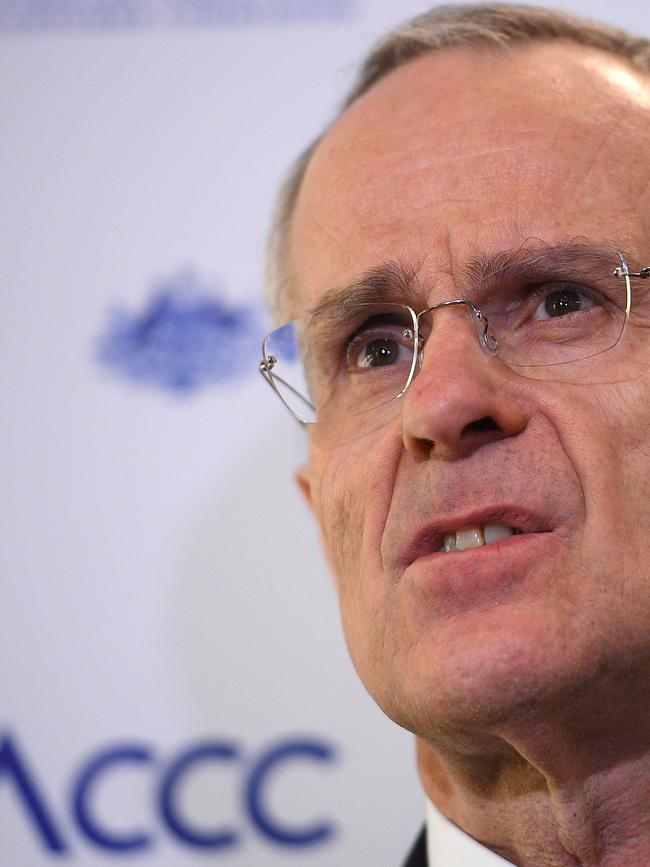ACCC chief Rod Sims wants legal reform to boost oversight of the digital economy
Existing regulatory frameworks ‘have not held up well’ to the challenges of digitalisation, says Rod Sims.

ACCC chief Rod Sims has pressed for legal reform to boost his oversight of the digital economy stressing the need for broad coverage of competition, consumer and regulatory powers.
Sims argues the ACCC has this broad oversight but needs some refinement of the law to back its oversight.
In his speech to the Perth Israel Australia Chamber of Commerce Sims said “existing regulatory frameworks have not held up well to the challenges of digitalisation, and so this is now a core focus for us.”
“The leading digital platforms continue to prove to be an innovative force at the cutting edge of the digital economy,” Sims said.
“They are also growing economic powerhouses capable of dominating any markets they decide to enter,” he added.

He noted his digital platform team would report every six months on issue in the area.
The first report due at the end of September would look at search, social media and online private messaging.
He noted the ACCC has powers in competition, consumer and regulatory work and all three were needed in dealing with the platforms.
On the media code Sims said it “presents a bargaining focused approach that empowers news media businesses to fairly bargain for adequate payment for the value their news adds to the platforms.”
The code he said provided for advance notice of changes to algorithmic ranking and presentation of news, recognising original content and providing information about data use.
He noted “while it is clear the digital platforms derive a significant benefit from making news available on their services, this benefit is extremely challenging for the Government to quantify.”
Sims said the bargaining focused approach empowered news media to fairly bargain for adequate payment.
Sims also said the platforms were acquisitive noting Google spent $23bn buying 145 companies between 2004 and 2014.
A more recent acquisition, the $US2.1 billion Fitbit deal will be decided on next week.
Sims said: “A key concern is that the proposed acquisition may also lead to the potential raising of barriers in emerging technology reliant health markets, which rely on large scale data sets such as those accessible to both Fitbit and Google.”
“These acquisitions can entrench their market power, in particular by providing them with advantages of scale and reducing competition,” he added.
Sims noted his recent court actions against Google saying “these enforcement actions are about holding powerful digital platform businesses accountable for their representations to consumers and ensuring consumers are fully aware of the price they pay, through their data, for the supposedly free services they receive”.
The ACCC is investigating the Adtech market and Sims said: “Australian advertisers spent almost $3.5bn on digital display advertising in 2019. Yet we don’t know how much of that figure flowed through to the online publishers, and how much was retained by the Intermediaries.”
The amount flowing back to the publishers ranges from 51 to 70 per cent depending on what study you believe, Sims said.







To join the conversation, please log in. Don't have an account? Register
Join the conversation, you are commenting as Logout